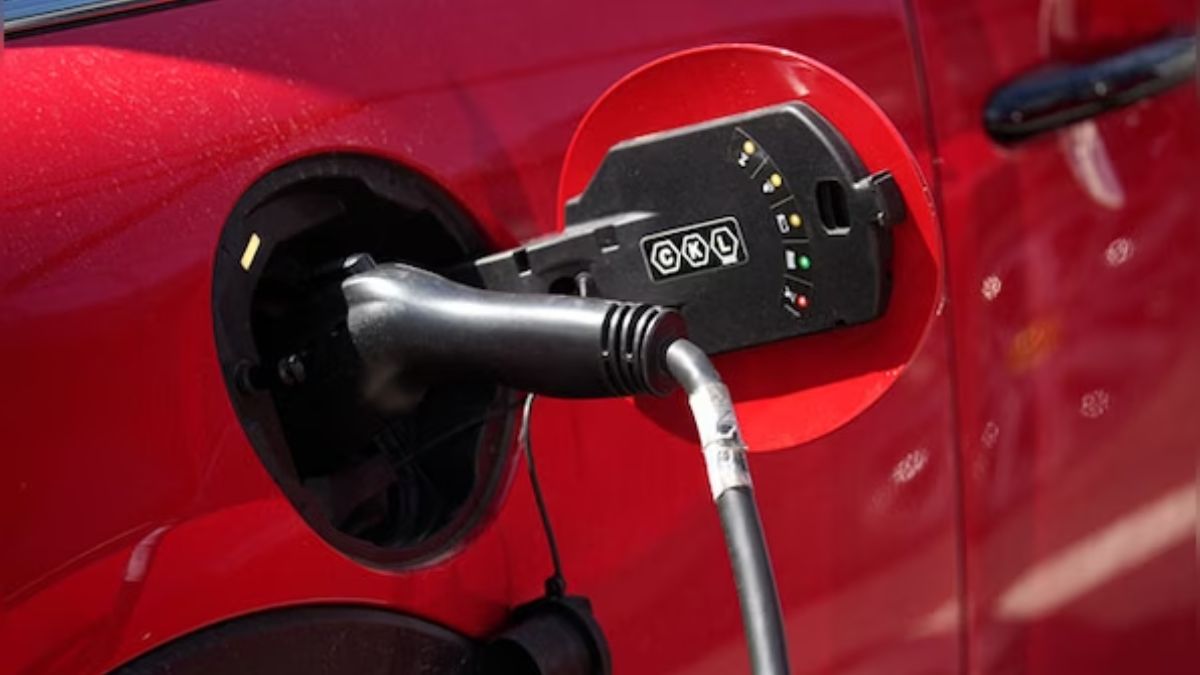The Union Budget 2025-2026 offers a transformative opportunity to redefine India’s auto industry, accelerating its transition to sustainable mobility. With the sector registering annual sales of 25 million vehicles and attracting $36 billion in foreign direct investment over the last four years, the auto industry is undeniably a cornerstone of India’s economic growth. Programmes like the Production-Linked Incentive (PLI) scheme have further energized manufacturing, creating over 150,000 direct jobs. However, targeted interventions are now required to ensure this growth aligns with India’s ambitious climate goals.
Last year’s Union Budget allocated Rs604 crore to the automotive sector, later revised to Rs483.77 crore. Despite this commitment, the transition to green mobility remains slow, hindered by gaps in research and development, infrastructure and policy execution. The 2025-2026 Budget must adopt a bold, green approach to address these challenges, driving the industry toward innovation, sustainability and global competitiveness.
Priorities for green mobility
- Investing in R&D for advanced technologies
To achieve a cleaner, greener future, significant investment is needed in research and development for advanced automotive technologies. Key areas include improving vehicle efficiency, battery performance and exploring alternative fuels such as hydrogen and biofuels. The government should offer grants and tax incentives for public and private partnerships in R&D, mirroring successful global models like those in Norway and Germany.
- Developing robust EV infrastructure
India’s electric vehicle (EV) ecosystem urgently needs scalable infrastructure. This includes widespread deployment of EV charging stations, battery-swapping hubs and integration with renewable energy sources. Allocating dedicated funds for localized manufacturing hubs will ensure automakers have access to critical components like batteries and semiconductors, fostering a resilient supply chain. Policies encouraging partnerships between public and private stakeholders could fast-track this development.
Impact Shorts
More Shorts- Supporting waste management in the automotive sector
The Indian automotive industry generates significant waste, including paints, oils, coolants and batteries. In 2023, the market for solid waste management vehicles was valued at $7.2 billion, emphasising the urgent need for better waste management systems. Budget allocations should focus on recycling initiatives, AI-powered waste segregation and stricter disposal standards.
Implementing subsidies for automakers adopting circular economy practices will promote cleaner production methods and reduce environmental harm.
- Incentivizing Green Consumer Choices
Encouraging consumers to adopt EVs and shared mobility options is essential. The government can offer tax breaks, subsidies and grants to make EVs more affordable and accessible.
Incentives for shared mobility alternatives, such as carpooling and ride-sharing programmes, will reduce reliance on fossil fuel-powered vehicles and cut emissions.
Addressing the waste problem
A robust waste management strategy is essential to complement the shift to green mobility. Allocating funds to enhance waste processing infrastructure and incentivizing recycling will reduce pollution and promote sustainability. Additionally, integrating blockchain technology to track and verify recycling and waste disposal practices can prevent greenwashing and ensure transparency.
Setting global benchmarks
India can learn from global leaders in sustainable mobility, such as Norway, where government policies include significant EV subsidies and extensive charging networks. Similarly, China’s focus on battery manufacturing has helped it dominate the EV market. Adopting similar strategies tailored to India’s unique challenges will make the country a leader in sustainable transportation.
The Role of tech startups
India’s tech startups are pivotal in driving innovation in green mobility. Initiatives such as AI-powered carbon accounting, gamified sustainability tasks, and blockchain-based carbon offset systems can revolutionize the industry. Providing financial assistance and R&D support to these startups will ensure rapid technology penetration and global competitiveness.
A clear path forward
The Union Budget 2025 has the potential to revolutionise India’s automotive sector by focusing on innovation, infrastructure and sustainability. By fostering R&D, building robust EV infrastructure, supporting waste management and incentivizing green consumer choices, the government can position India as a global leader in sustainable mobility.
Strategic investments and bold policies will not only drive decarbonization but also create new jobs, reduce pollution, and ensure long-term economic resilience. With the right priorities, India can achieve its vision of zero-waste mobility and set global standards for a sustainable future.
The author is Environmental Manager, Foxconn EV System LLC. Views expressed in the above piece are personal and solely those of the author. They do not necessarily reflect Firstpost’s views.
)